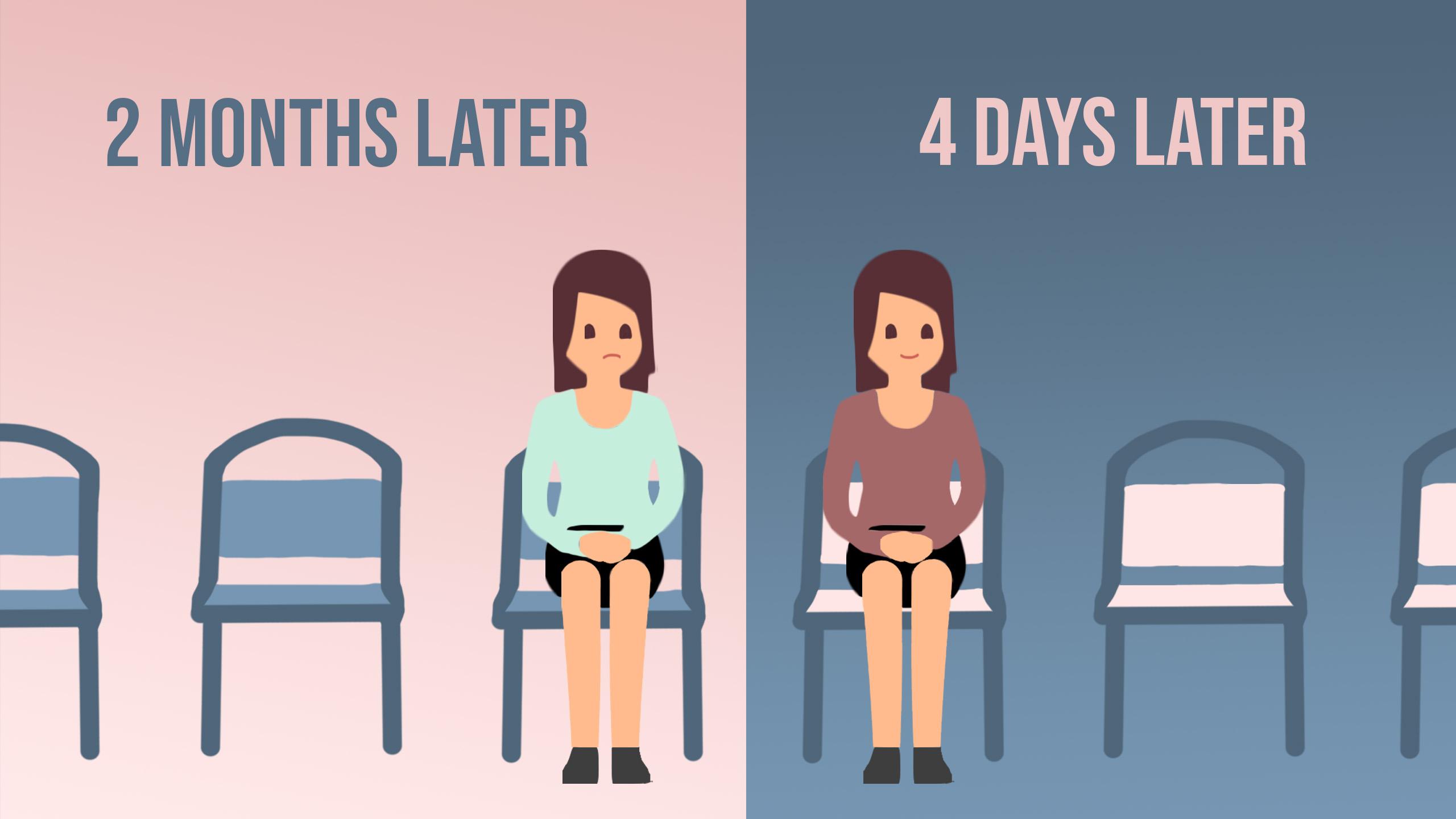By Kiara Rudder
Deciding to seek a therapist is a big step for those who choose to do so but wait times before therapy starts can be long and lead to consequences .
Radwan Al-Nachawati is the co-founder of LinkMentalHealth, and has connected over 1,500 people to mental health resources.
Ryerson University students who didn’t opt out of their health coverage from the Ryerson Students’ Union have access up to $1,000 to see a private therapist.
Al-Nachawati, a Ryerson grad, was inspired to create a faster way to navigate mental health after he was diagnosed in school then put on a six-month waiting list.
LinkMentalHealth is a Toronto-based startup that works to make it quick and easy for students to connect with therapists through a two minute online questionnaire platform.
Last month, Al-Nachawati travelled to Mexico to accept the CEMEX-TEC award on behalf of his company, LinkMentalHealth. The award provides global recognition for the development of high impact projects in the areas of sustainable development, entrepreneurship, and social innovation, according to their website.
Matching you in minutes
All students have to do is answer a few questions about the type of therapist they’re looking for in regards to language, religion, ethnicity, sexual orientation, etc.
Often times, these factors are not recognized as influences in the experiences of racialized people when they navigate the mental health system.
The platform also makes students aware of the health coverage and resources that they have to get them started with a therapist right away, and how many sessions they are entitled to.
“My therapist comes from the same cultural background as me, she understands the cultural norms that play into how I think,” said Marium Ashruf, a second-year student in computer engineering, and user of LinkMentalHealth.
Al-Nachawati said that he believes it’s important to have the choice to choose someone from your background who can understand your traditions, or someone outside of your community to help you.
“Mental health wasn’t really something that my community spoke about so I didn’t really understand it,” Al-Nachawati said.
As a Rye student, Al-Nachawati was diagnosed with severe anxiety and depression, after his friend convinced him to go see a counsellor.
Al-Nachawati was told he would have to wait six months before receiving any help.
“It’s a paralyzing feeling that results in extreme hopelessness…We want to ensure no other student goes through it, and proactively receives the help they need before they are in crisis,” Al-Nachawati said.
After graduating, Al-Nachawati still struggled to find a therapist.
“I quickly discovered I wasn’t the only one. There are four million Canadians struggling who aren’t getting the help they need. It’s why we decided to create the LinkMentalHealth platform,” Al-Nachawati said.
Getting help at Ryerson
Ryerson has counselling services that students can use from the Centre for Student Development and Counselling.
The centre is free for eligible Ryerson students, to speak with psychologists, social workers, psychotherapists and counselling interns. The service offers individual counselling, group counselling, peer-to-peer support, and more. But as The Eye recently reported, students have experienced wait times up to three months for regular sessions.
Christina Smith, a graduate from Ryerson last year with a Bachelor of Arts in professional communication got help from the university while she was in school.
“I went through a lot of personal growth and development during my four years at Ryerson. None of it came easily though. From being a full-time student, working two part-time jobs, writing music, losing two family members and later running a student group, I definitely had my share of ups and downs,” Smith said.
During her fourth year, one of her professors noticed a difference in her attitude and suggested that she meet with her academic advisor. Smith suggests that students talk to their professors and advisors and let them know what is going on.
Smith said she also encourages students to get involved with student groups on campus. “You’d be surprised how many students can relate to what you’re going through,” Smith said.
Advice to students
Al-Nachawati said that taking the first step does not have to be overwhelming. “It’s as simple as going on the website and booking an appointment to see an in-person therapist or therapist over video.”
Smith said students should not try to get help by themselves if they do not have to. “And when things become overbearing, say ‘no’ and learn to be okay with it,” Smith said.
“It’s never too early, or too late.” Al-Nachawati said.













Leave a Reply